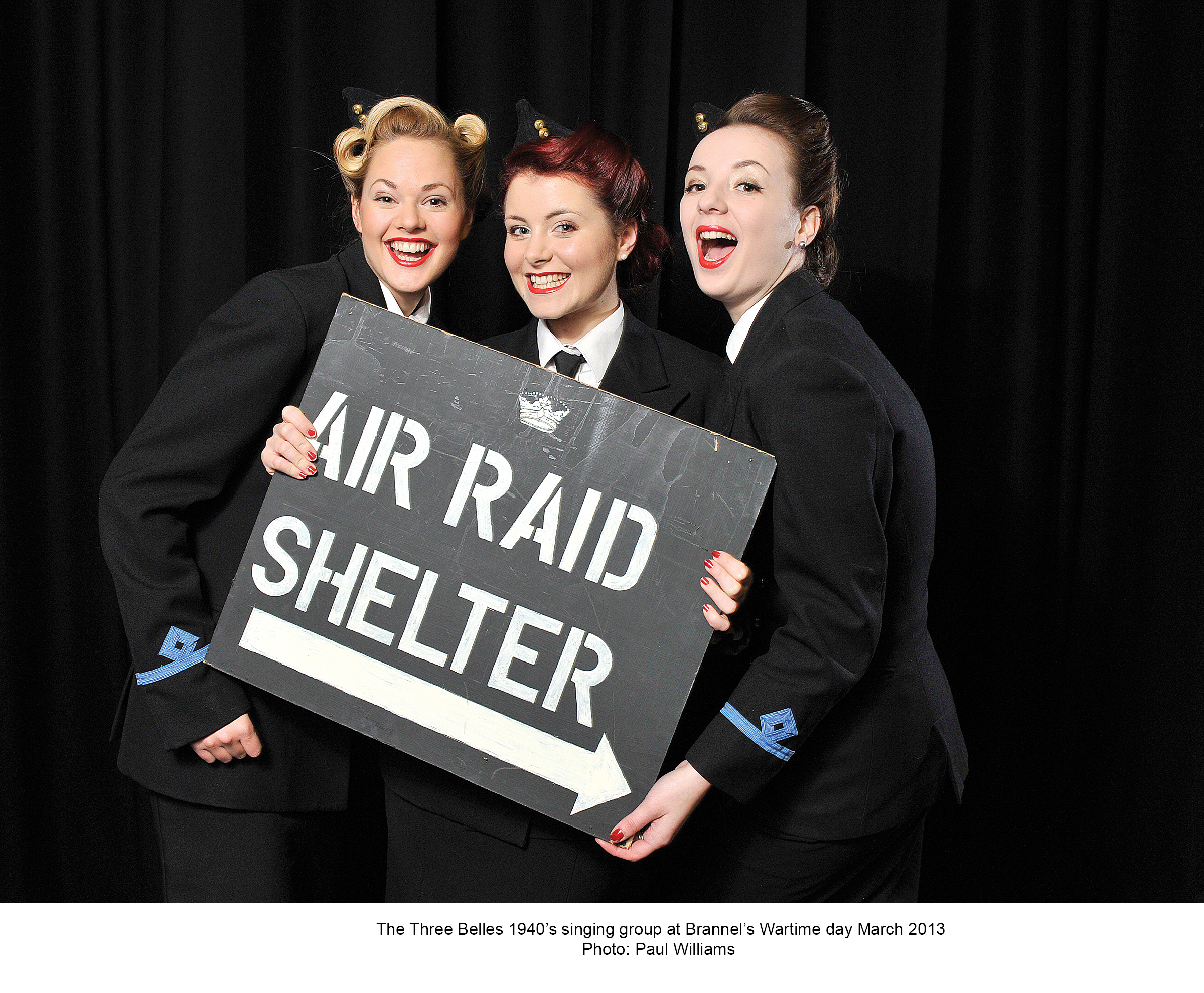Curriculum Content
Year 7 |
Students will study a range of topics from the English medieval time period 1000-1500. To start with we cover the basics of how we learn history and why. We spend time examining sources and ensure the students have a good understanding of how to infer and analyse. As history requires strong literacy skills we make sure this plays an important part in each lesson. We also like to keep history fun and engaging in Year 7 with topics like the Black Death and activities such as model castle building. |
Year 8 |
Year 8 students build on the skills learnt in Year 7 and are re-introduced to new skills of interpretation, evaluation, cause and consequence. Literacy plays an important part in learning history so we use activities that will develop these skills. The topics that the students study is 20th century history. World War One, the rise of Hitler and the Holocaust are the European-based topics that we cover. We make sure that these topics are relevant to the modern world in which we live to highlight the importance of these historical events. |
Year 9 |
Students opt to study history in year 9 so are given an overview of the Edexcel History GCSE. The four topics are Crime and punishment (Thematic study and historic environment), The Anglos Saxons and Normans (British depth studies), Super power relations (Period studies) and Weimar and Nazi Germany (Modern depth study.) The students are assessed through GCSE questions. |
Year 10 |
Students build on what they have studied in Year 10 and begin to complete the course in more detail. The topics we cover in Year 10 include Crime and Punishment, the time period 1000-2000 and a historic environment study of Whitechapel 1870-1900 which includes a study on Jack the Ripper and the impact of immigration on London. Students will also go back and study Weimar and Nazi Germany but with a heavy reliance on source skills as this their ‘source paper’. |
Year 11 |
Year 11 students will study the super power relations 1945-1991. This is based around cause and consequence – a skill they learnt in Key stage 3. They will also study the Anglo Saxons 1060-1088 again in more detail. Year 11 also allows students to develop their skills of analysis, evaluation and have independent and teacher led revision time. |
Curriculum Approach
History is a useful subject for those students who wish to continue their studies into Further Education. The skills needed to be a good historian – analysis, evaluation, inference, use of evidence to support arguments – are all transferable skills that are used in many different subjects. History also has strong literacy components which links closely with English. The History Department at Brannel makes the course engaging and relevant to the world in which we live today so the students have a good understanding of why the world is like it is and the role historical events have had. History is considered a more challenging option academically. The History Department therefore works hard to ensure it is accessible to all levels of learners and build on skills and knowledge from Year 7.
Phase of Education Specific Requirements
Courses available to students at Key Stage 4, including GCSEs:
Pearson- Edexcel History GCSE
Find Out More
To find out more about the independent tasks for KS3, please refer to the Realsmart portfolios. Here you will also find more details about end of unit assessments and the criteria that we use to assess student progress. Alternatively, please contact the head of department or your child’s teacher.
Future Careers
A career or further education in History could lead to a wide range of careers including: Journalist, Broadcast journalist, News editor, Historical costume designer, Archivist, Heritage manager, Historic buildings inspector/conservation officer, Museum education officer, Museum/gallery curator, Secondary school teacher, Research Analyst, Anthropologist, Librarian, Lawyer, Solicitor, Historian, Archaeologist.
History Learning Journey
We equip students with the skills and experiences during their time at school, to be able to progress to Further and Higher Education and ultimately be able to pursue a career within their chosen field.
View our History Learning Journey.

